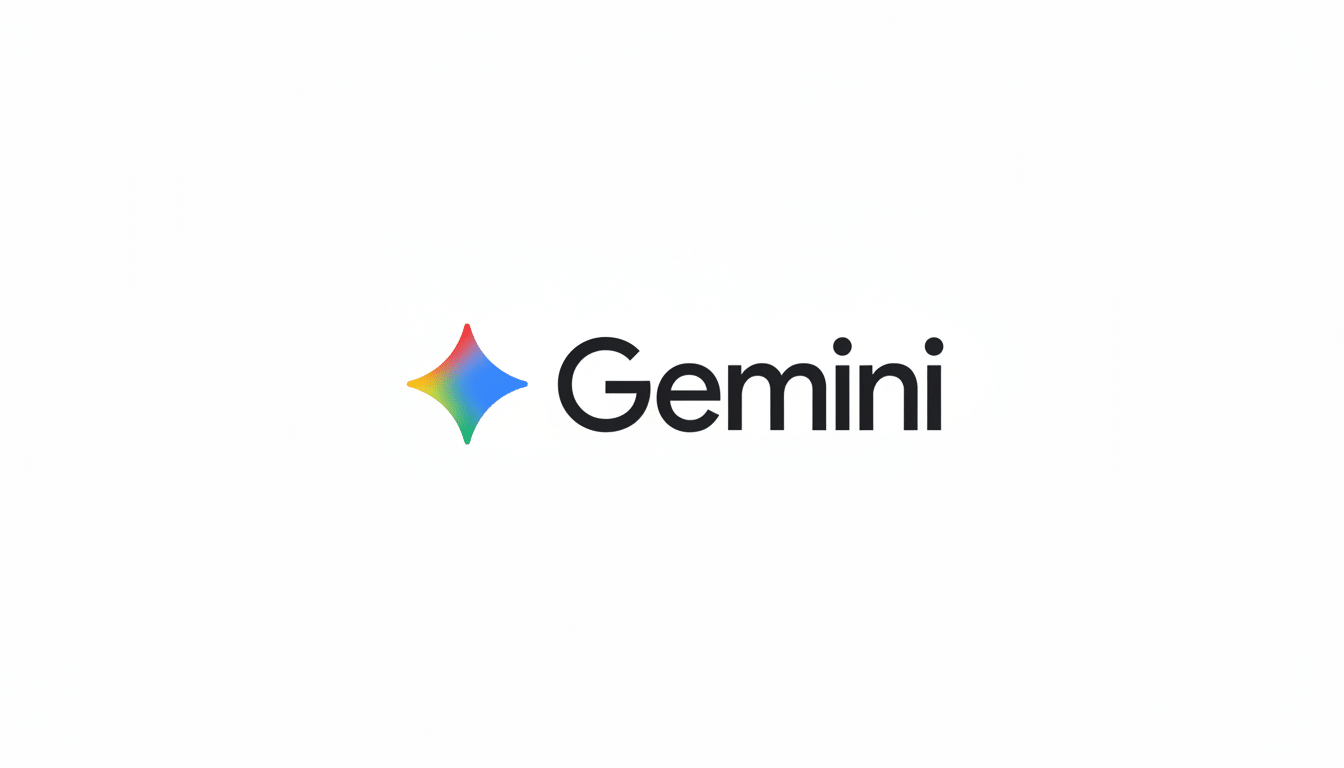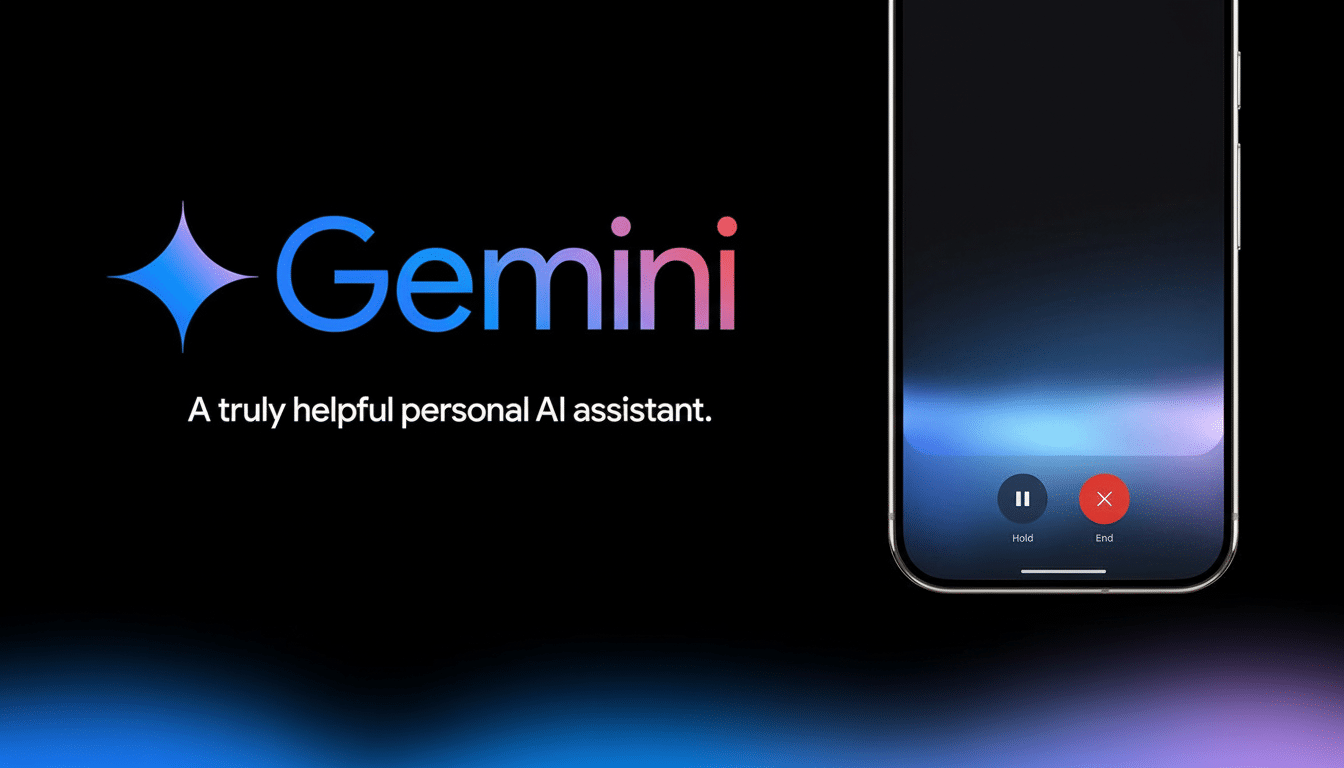Google’s Gemini has recently overtaken ChatGPT to rank as the most-downloaded app on Apple’s App Store, following a 45% month-over-month increase in downloads associated with its new Nano Banana image-editing model. According to Appfigures, month-to-date, Gemini has already added 12.6 million installs compared with 8.7 million in the previous month, illustrating how a single sticky feature can alter the AI app leaderboard.
A breakout, propelled by a useful, viral feature
Nano Banana is not the name of another model — it’s a strategy, plain and simple. By promoting quick, on-device image edits that feel magical but also practical, Google reduced the number of steps an ordinary user needed to take so they’d derive value when they first open the app. That combination — low latency, simple controls, visually delicious results — has fueled mobile virality for years now, from photo filters to early AR effects. This time around, it’s generative editing that can add, remove, and touch up content convincingly in mere seconds.
- A breakout, propelled by a useful, viral feature
- App Store top, globalism and Android dynamics
- Downloads are converting into revenue growth for Gemini
- How Nano Banana made the cut when other AI features didn’t
- What it means for OpenAI and the AI app race
- What to watch next in the evolving AI app rankings

Google executives say usage is booming. The app has 23 million first-time users since Nano Banana was released, and the app’s users have shared over 500 million images, according to Google Labs and VP of Gemini Josh Woodward. Those are the kind of numbers that indicate not mere curiosity, but repeatable utility and social spread.
App Store top, globalism and Android dynamics
Gemini’s ascent isn’t confined to one market.
According to Appfigures data, the app has placed in the top five across all iPhone apps in 108 countries. In the U.S., Gemini rose to No. 1 on the App Store, pushing OpenAI’s ChatGPT down to No. 2. Speaking of other dedicated AI apps, it’s important to note that no other such app currently resides in the iOS top 10, highlighting a two-horse race for public attention.
The story is different on Android. Gemini climbed from the mid-20s to the No. 2 overall app on Google Play, but ChatGPT remains in the top slot. That split indicates brand momentum and word-of-mouth are at least as important as platform ownership. It also suggests that Android users are likely more fragmented between the entry points — assistant integrations, OEM tools, and search — leaving less demand for installing a standalone app.
Downloads are converting into revenue growth for Gemini
Revenue momentum is also materializing. Gemini is estimated to have made $6.3 million on iOS this year, according to Appfigures, including a recent month’s haul of $1.6 million after the release of Nano Banana. That is a 1,291% jump from an early-year baseline of $115,000. Month-to-date, the app has already made $792,000 on iOS, and it looks like it is on track to match or surpass last month’s total.
At the top of the funnel, Gemini has been downloaded 103.7 million times this year, and 185.4 million in total since launch across platforms. Raw installs don’t equal retention, of course, but the combination of quick adoption and increasing spend indicates a developing cohort of users willing to pay for additional features and increased limits, with connections tied to creative workflows.

How Nano Banana made the cut when other AI features didn’t
Three factors stand out. First, immediacy: making edits to an image is a quick route to a lot of “aha” moments, while long-form textual tasks can seem like more abstract chores. Second, on-device performance lowers friction by improving responsiveness and privacy — critical for mobile users. Third, shareability: striking before-and-afters travel well on social platforms — turning users into organic marketers.
This formula closely replicates previous mobile hits. Apps such as Prisma and FaceApp blew up because people saw eye-popping morphs they felt compelled to share. The difference is that today, with models like Nano Banana no longer needing to be specific about which part of an image they’re generating and being able to make far more realistic context-aware edits, these tools can now be used seriously by creators, students, small businesses, as well as just for fun by casual tinkerers.
What it means for OpenAI and the AI app race
For OpenAI, dropping to No. 2 on iOS isn’t an existential crisis — ChatGPT is still the leading app on Google Play — but a stark indication that in consumer software, gravitational force can change suddenly once a rival nails an appealing consumer utility. The next stage of competition will come down to breadth (stacking up the multimodal features that actually stick), depth (needing speed and quality on mobile hardware), and trust (safety, licensing, creator protections).
Users are already reaping the benefits of the competition: faster iteration, better on-device tools, and more generous free tiers as companies compete for daily active use. For developers and brands, it’s a high bar for integrations — tools that plug into photo, video, and design workflows with as little friction as possible will get in front of users’ eyelids (and accordingly outsize budgets).
What to watch next in the evolving AI app rankings
Tracking retention and repeat engagement for Nano Banana-powered features, the pace of new modes beyond image editing, and whether Gemini’s lead on iOS leads to sustained spend. Also keep your eye on the Android chart fight: If Gemini can convert more Android users even as ChatGPT holds on to that No. 1 spot, it would be a sign of ecosystem-wide pull and not just one-feature spikes.
At the moment, the lesson is simple: a well-made, mobile-first AI product just made Gemini the App Store’s new leader — and reset views on how fast rankings can change due to AI.

